Divisions
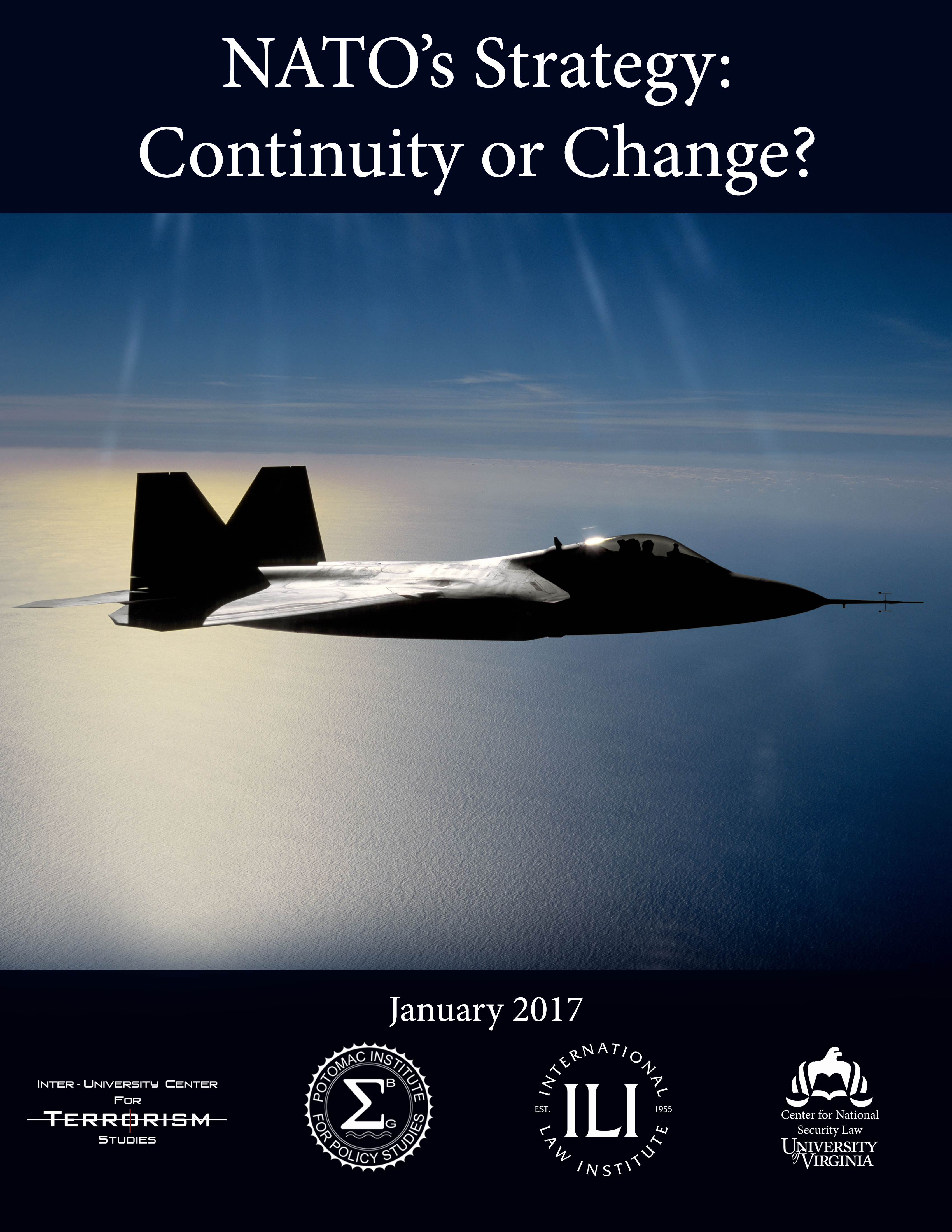 NATO, as it marked its 68th anniversary, is still facing a broad range of old and new challenges, including piracy, terrorism, regional and global conflicts, humanitarian crises, proliferation of WMD, and cyber threats.
NATO, as it marked its 68th anniversary, is still facing a broad range of old and new challenges, including piracy, terrorism, regional and global conflicts, humanitarian crises, proliferation of WMD, and cyber threats.
In light of these and other strategic concerns, the latest NATO Warsaw Summit in 2016 focused inter alia on strengthening and modernizing the Alliance’s deterrence and defense posture and projecting stability beyond its Eastern borders. The question arises whether the 28 nations’ partnership will continue to play its essential political and military role in the coming years.
This January 2017 report on “NATO’s Strategy: Continuity or Change?” provides a recent academic effort to analyze whether NATO, at this stage of its evolution, is capable of completing its transformation from an earlier static defense alliance into a more effective regional and global security provider.
Download the PDF here.
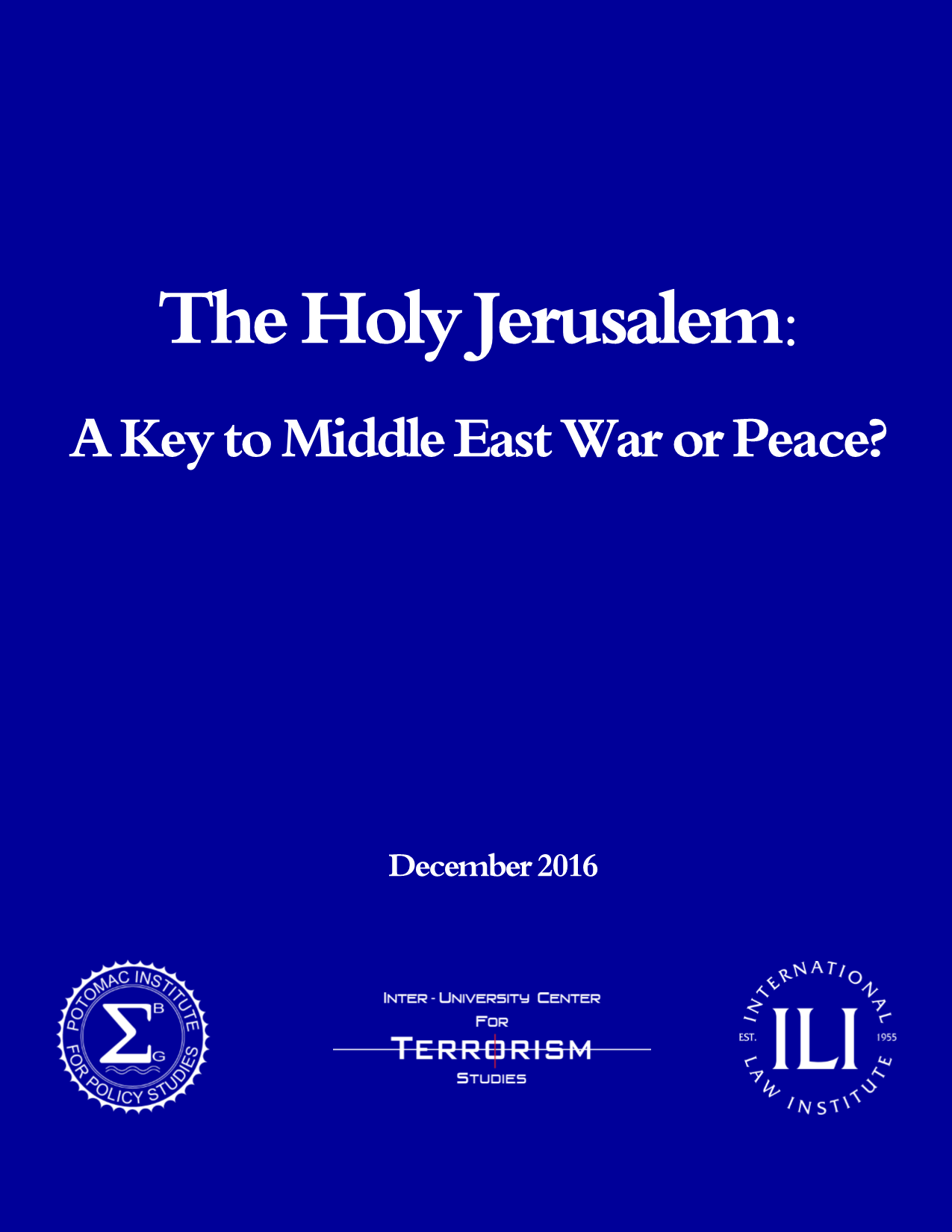
As the new administration of President Donald J. Trump is beginning to develop its Middle East foreign policy strategy, the decades-old Israeli-Palestinian conflict still persists. In addition to the multiple outstanding issues to be resolved by the parties, such as the need for mutual recognition and the settling of boundary disputes, questions remain regarding the future of Jerusalem, the Holy City, which is considered by Israel as its eternal capital—and which the Palestinians also see as their own capital in a future state.
This current report on "The Holy Jerusalem: A Key to Middle East War or Peace?" provides a recent academic effort focusing on two questions. First, can religion in general serve as an effective bridge to advance the cause of peace in the Middle East and elsewhere? And second, will the antagonists and their partisan Jewish, Muslim, and Christian co-religionists be capable of a peaceful resolution on the final status of the Holy City?
Download the PDF here.
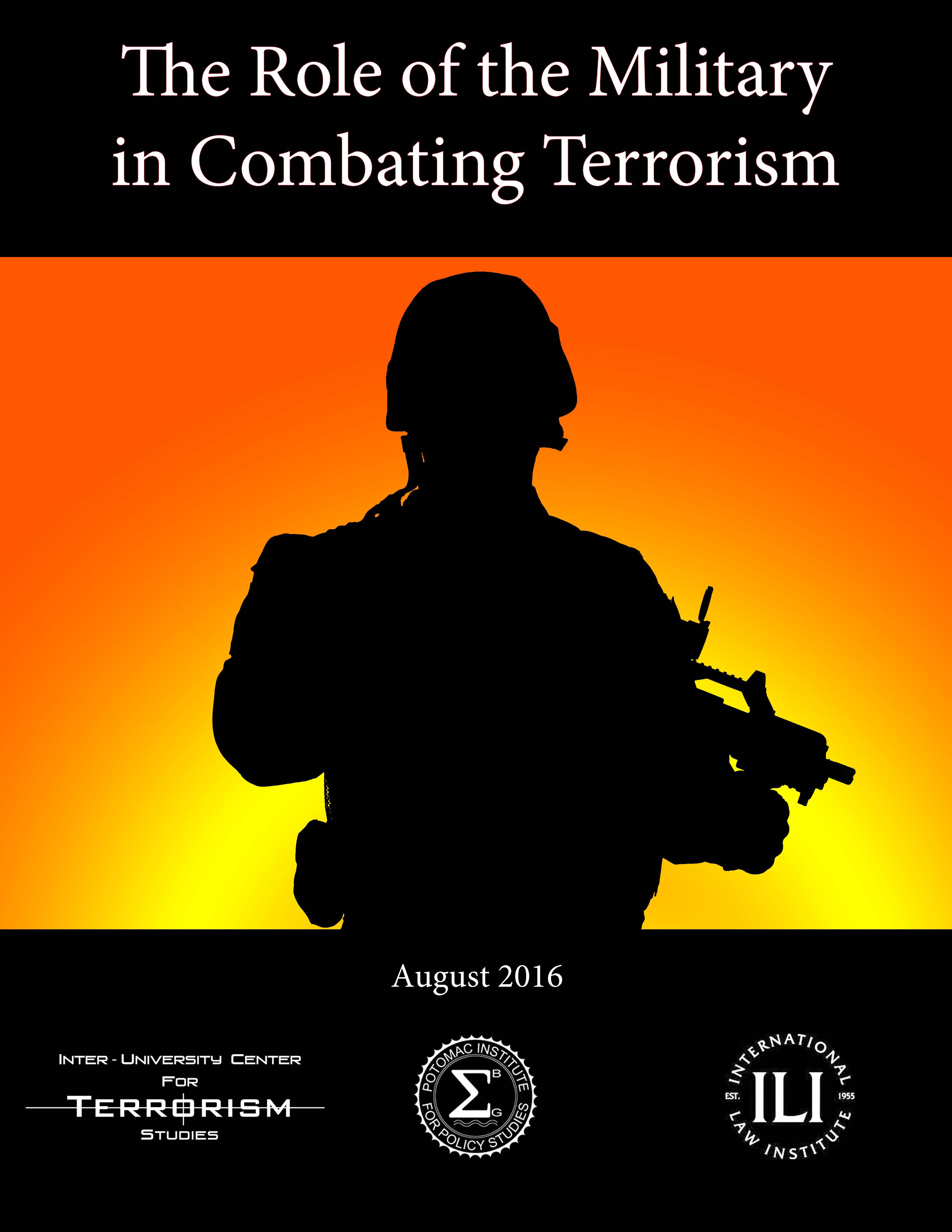 The role of force in the struggle for power within and among nations is a permanent fixture of international life. As James Madison observed during a debate on the adoption of the Constitution in 1787, “There never was a government without force.” Likewise, Sir Winston Churchill in a note to the First Sea Lord on October 15, 1942 remarked: “Superior force is a powerful persuader.”
The role of force in the struggle for power within and among nations is a permanent fixture of international life. As James Madison observed during a debate on the adoption of the Constitution in 1787, “There never was a government without force.” Likewise, Sir Winston Churchill in a note to the First Sea Lord on October 15, 1942 remarked: “Superior force is a powerful persuader.”
Clearly, the primary actors capable of resorting to power domestically during periods of peace are the police and other law enforcement agencies. They are mandated to implement the preservation of public order, and thus represent the first layer of protection for civilians, including citizens, permanent residents, and visiting foreigners. These designated governmental bodies seek to encourage “good behavior,” prevent illegal activities, warnof potential internal threats, and develop strategies to assure an effective national security environment in accordance with the requirements of the administration of justice.
And yet, from time immemorial, military forces in particular have projected power at home and abroad during periods of both war and peace. It is not surprising therefore that there exists a comprehensive literature in this field, from antiquity to the contemporary era. Suffice to mention the infinite theological and secular sources covering the nature, role, and impact of armies on the direction of the statecraft of nations. For example, early religious texts focused on God’s directing military operations (e.g., assurance of victory),organizational structures (e.g., standing armies and mercenaries), arms supplies (e.g., slings, chariots, provisions), strategies and tactics (e.g., intelligence and spoils of war), and the virtues and vices of battles (e.g., magnanimity in victory and treatment of prisoners)...
Download the full PDF here.
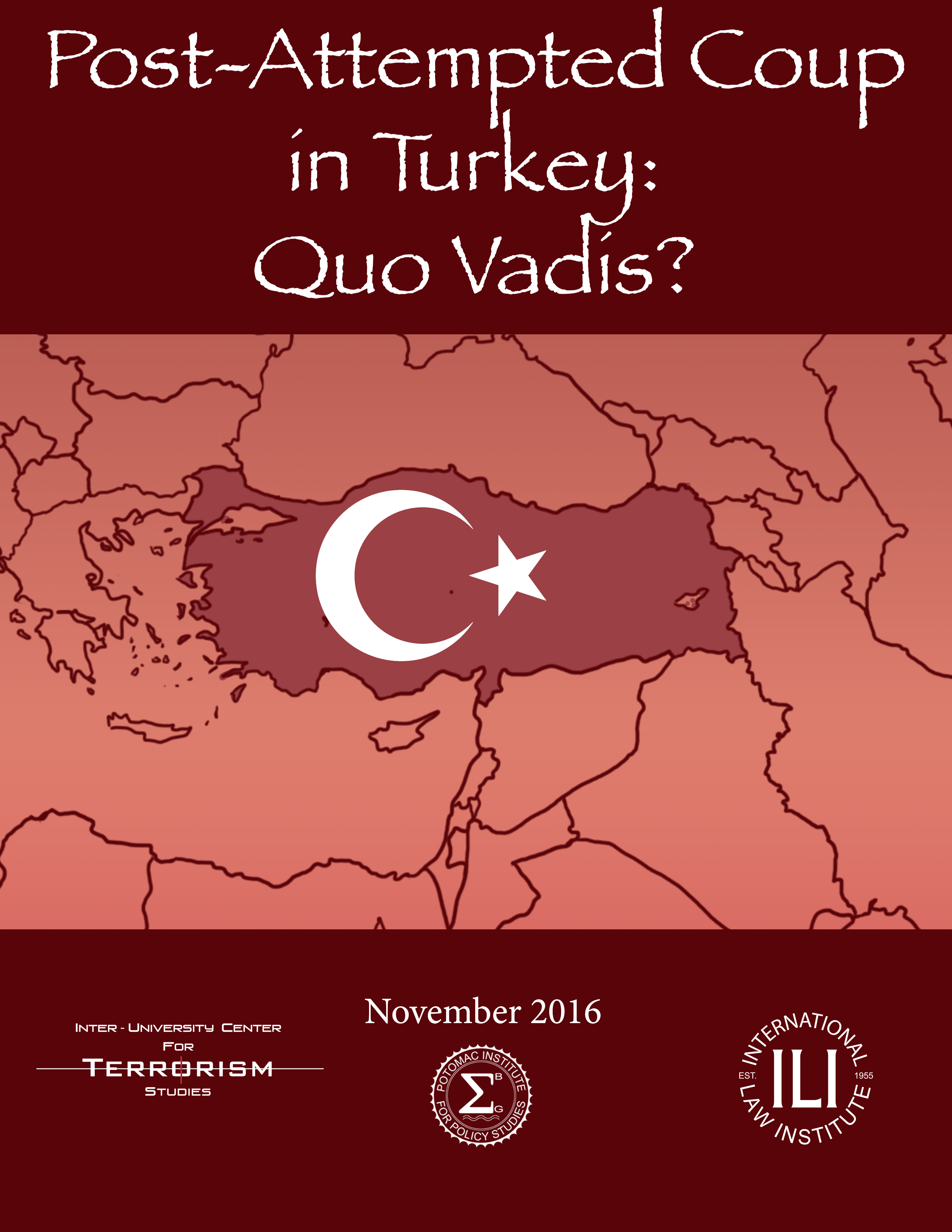
In the wake of the failed coup in July 2016, many questions have arisen both domestically and internationally regarding Turkey’s future political, social, economic, and strategic direction. Among them are how will Turkey to continue to maintain a balance between security concerns and civil liberties domestically, as well as contribute to international efforts, including NATO’s mission, to advance stability regionally and globally.
This current report on “Post-Attempted Coup in Turkey: Quo Vadis?” provides a recent academic effort focusing on these issues as well as other related strategic concerns include the refugee crisis, the impact on the fight against the Islamic State, and Turkey’s relations with regional and global powers.
Download the PDF here.
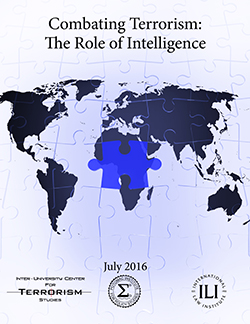
The failure of contemporary societies during the past sixty years in the post-World War II period to effectively combat terrorism at home and abroad is, indeed, puzzling. After all, all nations are fully aware that the most critical element in combating the challenge of terrorism is intelligence. That is, the knowledge acquired, whether overtly or covertly, for the purpose of both internal and external statecraft.
And yet, despite this awareness, the grim reality is that terrorism is still attractive and works. For instance, according to recent press reports, during the past year and a half alone some 2,063 attacks were recorded in the Middle East, Africa, and Asia, with a death toll of 28,031. Likewise, 46 attacks occurred in Europe and the Americas, and as a result of which some 658 were killed.
The purpose of this introduction is to provide an academic context for the apparent lingering confusion regarding the nature and implications of intelligence in democracies. It presents a brief overview of the challenge of modern terrorism, outlines key aspects of the role of intelligence in confronting the threats at home and abroad, and reports on the two latest academic efforts in this security area that are incorporated in this study.
Download pdf here.
